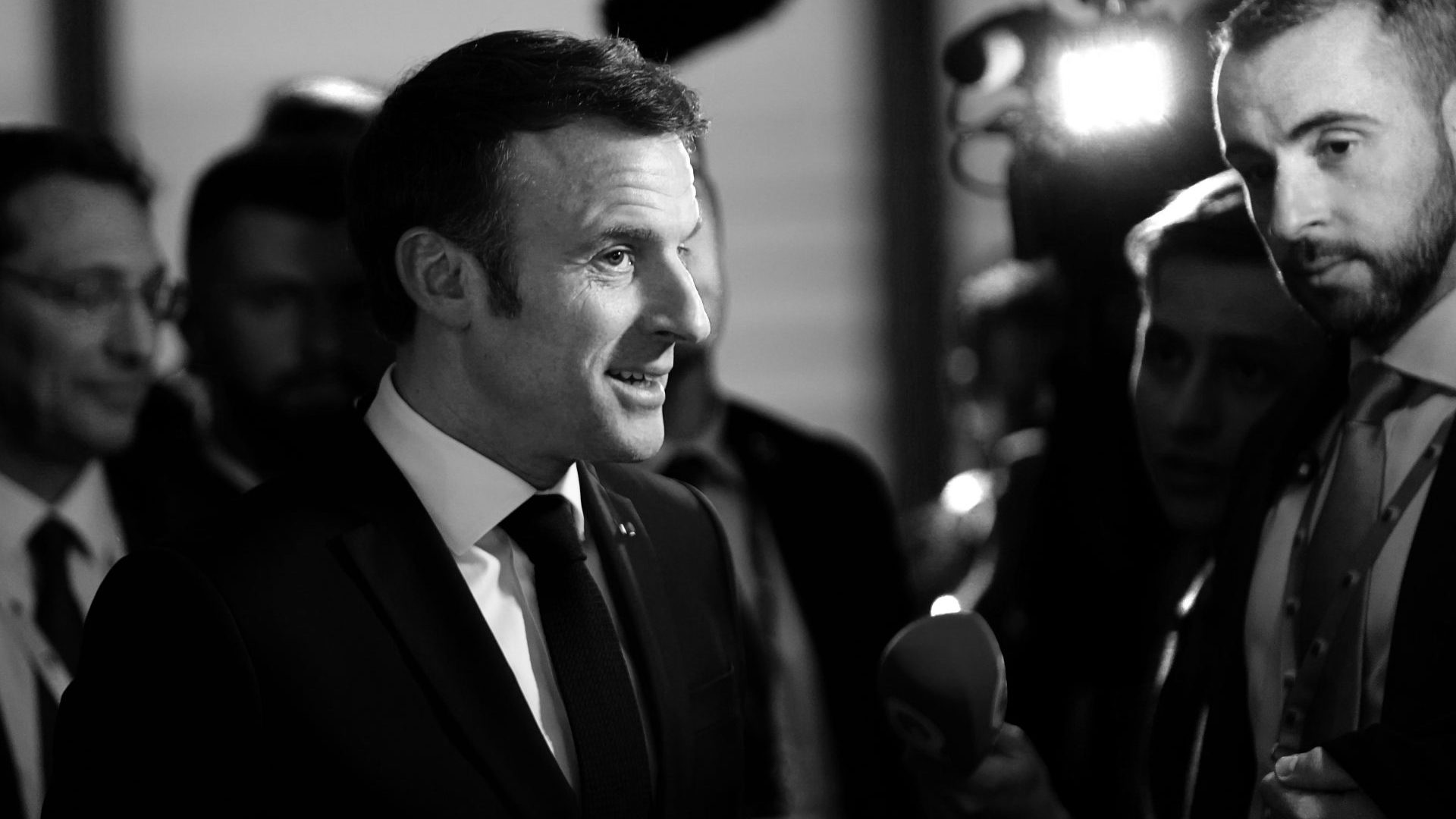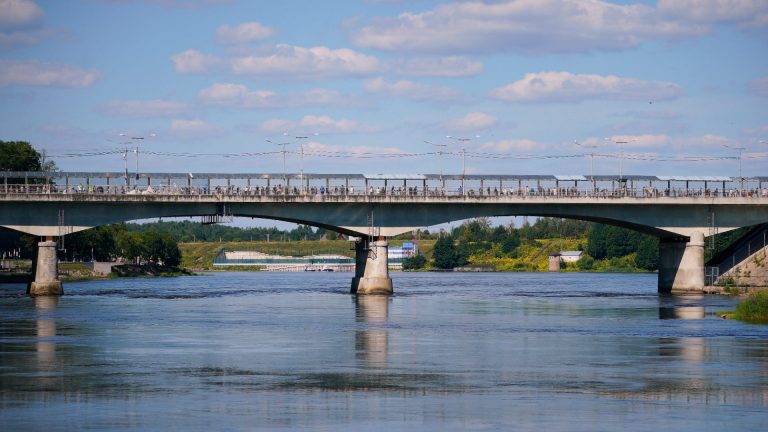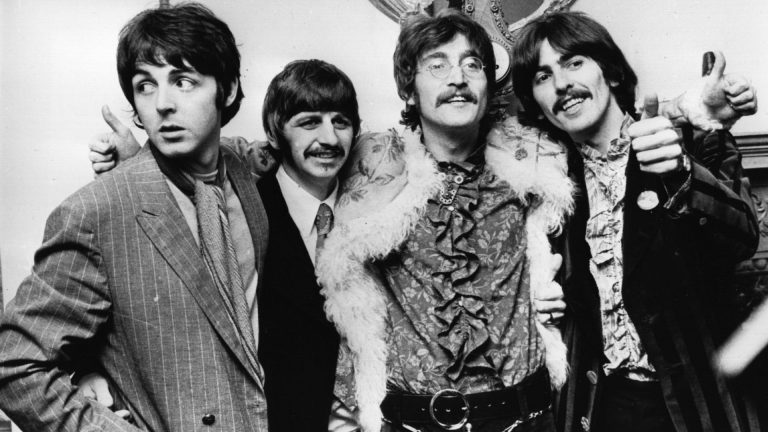Back when he was a charismatic trailblazer, a youthful Emmanuel Macron seemed like the man who had solved France’s political Rubik’s Cube.
Instead of plodding on with the Socialist government of François Hollande in which he had been a minister and bored by the stagnant French party system, Macron formed his own party – En Marche! And he won.
There was a refreshing buzz about Macron. Then still in his 30s, here was someone with the conviction and courage to take a sledgehammer to clapped out political conventions.
This week, however, Macron had to appoint the former EU Brexit negotiator Michel Barnier as prime minister. Backed into a corner by an irresolvable feud which some say was of his own making, the president had to select a figure from the conventional old guard in the desperate hope of placating festering anger across France.
He now stands accused of making an anachronistic selection, digging out a centre-right politician from the back of the cupboard who satisfies neither side in a deeply riven French parliament. At 73, Barnier will be France’s oldest prime minister. A safe pair of hands perhaps, but hardly visionary.
Back in 2017 I saw Macron, the insurgent presidential candidate, at a political rally in London for French voters based in the UK.
Outside the Methodist Hall were dozens of young people smiling gleefully, wearing white T-shirts emblazoned with the slogan “Les Jeunes avec Macron” (Youngsters for Macron). Less than a year after the Brexit vote, the optimism of youth was such a contrast with the Tory infighting that was engulfing Theresa May’s Downing Street.
Inside the venue, Macron gave a speech in which he presented himself as a conjuror who had somehow risen above the rancorous fray; “neither left nor right”, he proclaimed. He was planning to bridge a deep chasm of ideas in a way that would render the populists of the right and left fringes obsolete.
Just over seven years later, that enviable, shiny hopefulness is long gone. The extremes at opposite poles of French politics have roughened up Macron’s reputation so badly that no one dreams of a unifying centrist candidate anymore.
Instead, millions dream of any figure who isn’t Emmanuel Macron who can bring under control the maelstrom of conflicting ideals that currently surge through French politics.
Today En Marche! is called Renaissance. As a name for a party at a time when the radical left and the far right are so dominant, it comes across not as innovative, but naively inappropriate.
Peculiarly, for someone who was so determined to forge a new path through the centre, Macron is now equally despised by both left and right. He is the favoured hate figure for the populists at both extremes.
When I talk to people in rural central France who lean towards Jean-Luc Mélenchon’s La France Insoumise (France Unbowed), they say he cosies up to the rich and the elite far too much.
He is too regal, they claim, ignoring the fact that he came from a hard-working family in Amiens, and only got to where he is by excelling after his studies. Imagine having an actual monarch as the head of state, I jest. This goes over their heads.
They satirise him as “Little Napoleon” and suggest that insulated by the gilded state rooms of the presidential residence in the Élysée Palace, he is inert to the suffering of ordinary people. I point out that every French president has enjoyed the splendours of the palace, so he is no different from his predecessors. But that argument too always falls on deaf ears.
For those advocating moving towards a 32-hour week, withdrawing from NATO and paid retirement at 60 (all Mélenchon policies), Macron is simply not liberal enough.
At the other end of the spectrum, what is interesting is that those I’ve met in recent months who voted for Marine Le Pen’s far right National Rally accuse the president of being too liberal. They, contrastingly, say he has been too easy-going on immigration, too relaxed on extremism and terrorists, and too friendly with the EU.
Macron is damned by all sides, loved by none, having started out on his journey by trying to appease.
The problem, in many ways, is not Macron, but the system which he was doing his best to supersede. Steering France in a new direction is like turning a juggernaut around 180 degrees on a single-lane bridge in a force ten gale. The resistance to reform requires a magician of incredible powers.
Macron, back in 2017, thought he was the one who could achieve something every French leader before him had attempted but found impossible. He thought that by isolating the bickering factions the voters would perceive that his arguments made good sense.
That kind of wizardry, however, has in fact proved beyond even a politician of his magnetism.
Every time I have put across another point to my friends in provincial France, that the reforms Macron wanted to introduce were not actually that threatening, I have met similar disdain.
Repelled by Macron’s frankly modest tweaks to pensions or taxes, the majority of French people are now deluding themselves by fluttering towards rival populist utopias. The unachievable promises of Mélenchon and Le Pen fuse at a point which would send France into a death spiral.
Whenever I talk politics at the dinner table, increasingly rare in these fractious times, I realise that what most French people actually want, despite the regular street protests and strikes, is unchanging conformity.
They are more content listening to the radical ranting of people who will probably never put their views into practice than the bold action of someone who really did want to change his country.
So perhaps the appointment of Barnier, a relatively mild-mannered politician with a steely resolve (as proven by his unwillingness to budge during the four years of the Tories’ bungled Brexit negotiations) is Macron’s final roll of the dice.
Ironically, it takes France closer to the direction it probably would have followed had Macron never won the presidential election in 2017.
The president actually owes his first term to Francois Fillon, a largely forgotten figure, who was the original frontrunner to be the next president after Hollande.
Fillon – a Republican like Barnier – came unstuck when he was convicted of paying his wife half a million euros for fictitious employment.
Until this week, Fillon seemed like part of a bygone age. The diminished status of both his and Barnier’s centre-right party, which has only 47 seats out of 577 in the new National Assembly, and the Socialist party of Hollande is indicative of the age of emboldened extremes.
This week, however, in a surprise to many, the old establishment returned in the form of Barnier. The clock wound back seven years.
With Barnier now leading on domestic politics, promising to “tell the truth, even if it’s difficult”, Macron actually has someone more closely aligned to his own unflinching position.
The reaction to Barnier in the coming months will probably determine whether Macron can stay on the tightrope too.









